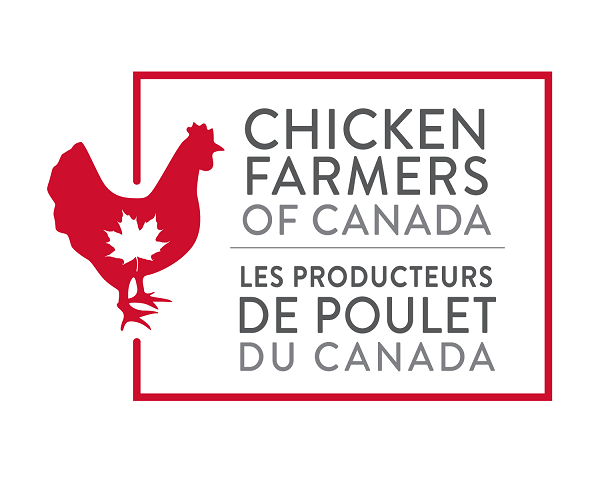
After two postponements due to the COVID-19 pandemic, the World Trade Organization (WTO) finally held its 12th ministerial meeting, known as the MC12, in Geneva, Switzerland at the end of June. The meeting, which began on Sunday June 12, went into nearly two full days of overtime to reach a package deal ministers could all agree to. While expectations were low, the stakes of not producing a multilateral agreement were high as the WTO had been unable to do so since the agreement to eliminate export subsidies in Nairobi, Kenya in 2015.
The package that was finally reached in the early morning hours of Friday June 16 includes a ministerial declaration on food security, a World Food Program exemption from export restrictions, an agreement on part of the fisheries subsidies work, and an intellectual property rights waiver on COVID-19 vaccine production, along with an overarching MC12 declaration. Although an agriculture work program had been on the table for discussion, ultimately there was no agreement on this piece. While this does not prevent countries from continuing to negotiate on agricultural issues, it does mean that there is no specific list of issues that Members have committed to continue negotiations on post-MC12.
The entire MC12 package can be found here.
WTO members have agreed to consider holding a follow-up semi-ministerial conference in March 2023, to provide them with more time to discuss outstanding issues such as the public stockholding of agricultural products for food security purposes, and the remaining elements of the fish subsidies agreement. The next full Ministerial Conference (MC13) will take place in December 2023, in either Cameroon or the United Arab Emirates.
Ongoing Trade Negotiations
Canada is currently involved in multiple negotiations with potential free trade partners including Mercosur, the Association of Southeast Asian Nations (ASEAN), India, Indonesia, and the United Kingdom (UK). As well, as a member of the Comprehensive and Progressive Trans-Pacific Partnership (CPTPP), Canada is involved with the UK’s accession process into that trade partnership.
The negotiations with Mercosur (comprised of Argentina, Brazil, Paraguay, and Uruguay) and ASEAN (Brunei Darussalam, Cambodia, Indonesia, Laos, Malaysia, Myanmar, the Philippines, Singapore, Thailand, and Vietnam) are particularly concerning to the Canadian chicken sector as the former includes Brazil, the world’s largest chicken exporter, and Argentina, a rapidly emerging player in the global chicken market, and the latter includes Thailand, the world’s fourth largest chicken exporter.
Canada and Mercosur, which have been engaging virtually on non-sensitive issues since the beginning of the pandemic, held a virtual meeting of the chief negotiators in early June. There they agreed to continue to meet virtually and decided not to set a date yet for the next and eighth round of talks – a signal that contentious issues, such as market access, will not be addressed in the near term.
Canada is still working with ASEAN to schedule their first round of trade discussions. During the 15th ASEAN-Canada Senior Economic Official Meeting in June, Canada and ASEAN finalized the Terms of Reference for the Trade Negotiations Committee (TNC), which is comprised of the Chief Negotiators from Canada and all of the ASEAN Member States and have agreed to hold the first TNC meeting in a virtual format at the end of August; dates as yet to be confirmed.
The ongoing talks with Indonesia and India are also proceeding slowly. Indonesia is still going through its domestic political process to be able to engage in a trade negotiation. The next round of talks with India, which is set to take place in a hybrid format from August 8 to 12, will begin the discussion on goods and market access. Neither of these trade partners currently export chicken into Canada, and India has so far not signalled any interest in gaining access to the Canadian chicken market.
The Canada-UK free trade negotiations began following the April 1, 2021 launch of the Canada-UK Trade Continuity Agreement, an interim agreement intended to ensure uninterrupted trade between the two countries following the UK’s departure from the European Union (EU) and subsequently the Canada-EU Comprehensive Economic Trade Agreement (CETA). Two rounds of negotiations have already taken place both in hybrid formats and a third round, also in a hybrid format, is scheduled to take place the week of September 12th in London, England. The plan is to hold trade rounds every 10-12 weeks to reach the objective of concluding the agreement by April 1, 2024. Canada’s negotiators have reported that both countries are highly ambitious in the areas of environment, gender, small-medium sized business. The upcoming third round will see a consolidation of negotiating texts.
The UK’s CPTPP accession talks, which are occurring in parallel to the Canada-UK bilateral negotiations, expect to be completed this year. Currently, CPTPP members are reviewing the UK’s first market access offer; this will be discussed by the members in Tokyo, Japan from July 24 to 28. Although China, Taiwan, and Ecuador have also officially requested to accede to the trade pact, priority is being given to concluding the process with the UK before even agreeing to begin any new accession negotiations.
Overall, Canada’s Minister of International Trade, the Honourable Mary Ng, and Canadian trade negotiators have been consistent in affirming their government’s commitment that no more concessions will be made to supply managed markets. Nonetheless, given the already sizable market access Canada has already provided to its trade partners, CFC staff will continue to closely monitor all these talks. In 2022, Canada’s chicken market offered up 110 million kilograms of access to its trade partners, and this volume will continue growing until the CPTPP and Canada-United States-Mexico Agreement (CUMSA) are fully implemented.







